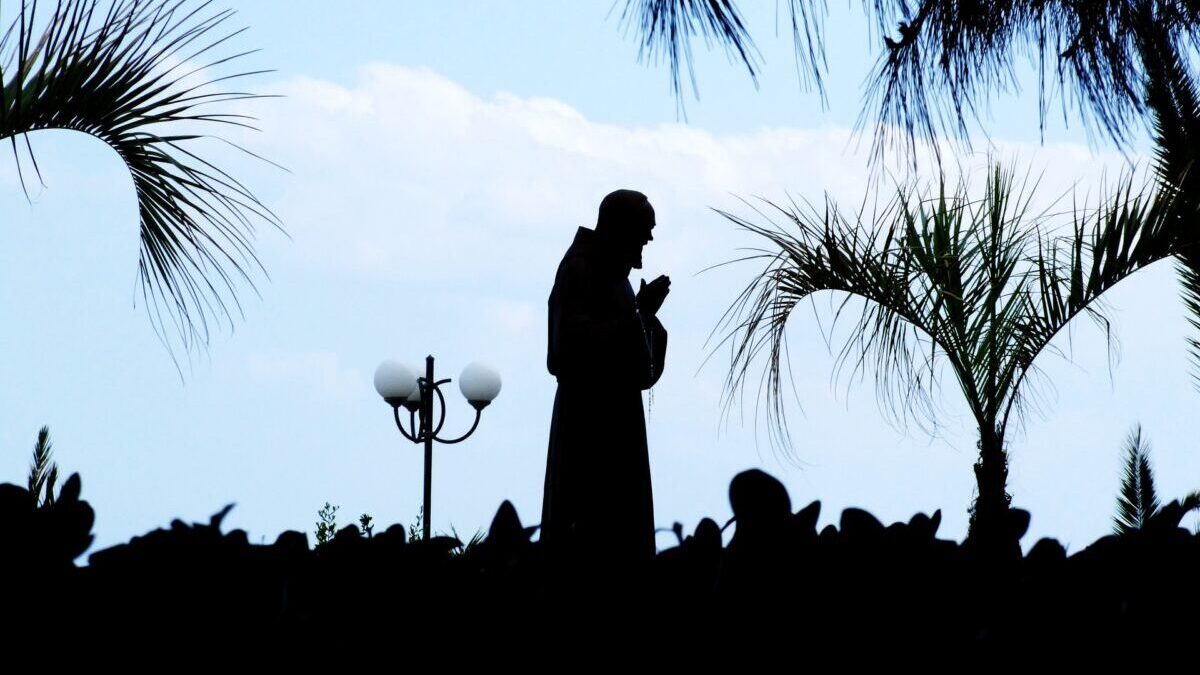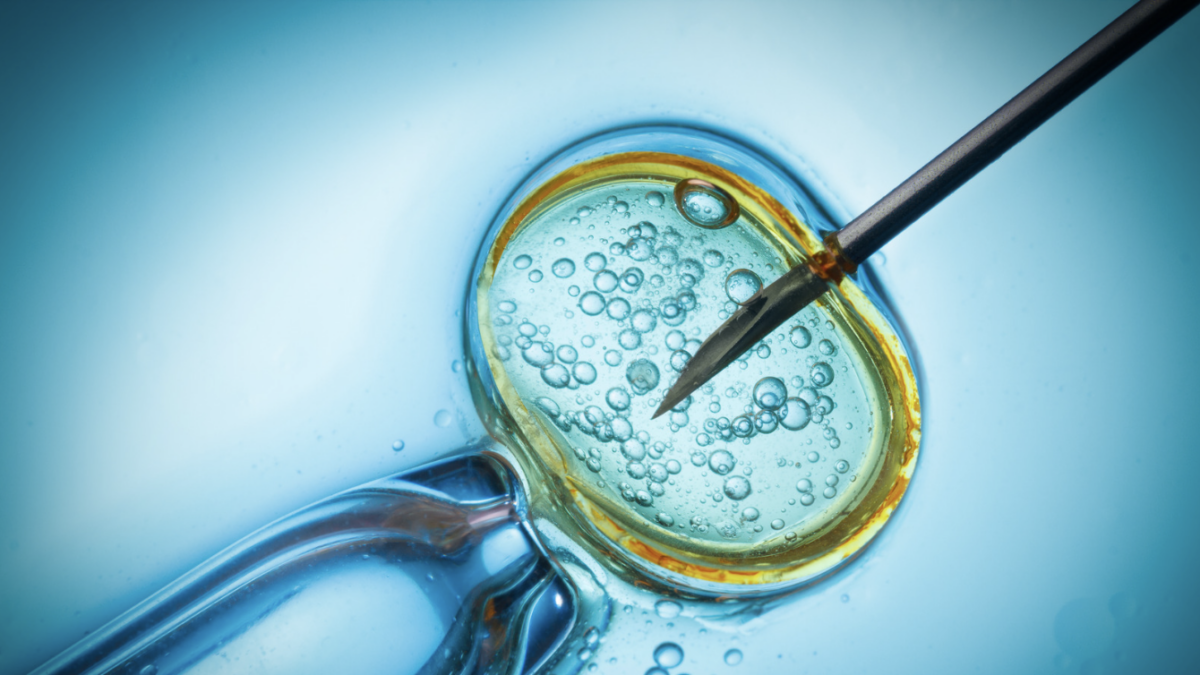In “Padre Pio,” cult director Abel Ferrara’s latest film, Shia LeBeouf stars as the Capuchin friar, priest, stigmatist, and mystic canonized in 2002. During four months of filming, the actor converted to Catholicism. He credits his transformation to the experience of living among monks (“these cats running around eating ice cream”) and the sway of the ancient Latin Mass.
Media buzz treats LeBeouf’s conversion as a blue ribbon for the Catholic Church and a win for tradition in the liturgy wars. But what this carnival of publicity really signifies is our common susceptibility to images. We all inhabit a galaxy of synthetic realities created to appeal to what we want to believe. In a culture engulfed by sentimentality and emotionalism, moral seriousness collapses into what philosopher Samuel Gregg calls “an idolatry of feelings.” It infantilizes religious faith.
Hype over LaBeouf’s emotional narrative of redemption is neither wise nor kind. And, no, Catholicism is not “the new hip thing” as The New York Times just chirped. So let us start over.
A Real Conversion?
Padre Pio died in 1968 and acquired rock star status among Catholics despite recorded controversies omitted from the film. Ferrara, who lives and works in Italy, noted: “He’s an iconic figure. He’s on the back of every truck. He’s the saint of every drug dealer in Naples.” It was a headline-making role.
Eager to re-ignite a career beset by a series of arrests, rehabs, accusations of abuse by multiple women, plus a sexual battery lawsuit filed against him by a former girlfriend, LeBeouf immersed himself in the part. He arrived in Italy wearing a monk’s brown robe. At the Capuchin monastery where the film was shot, he slept in a bed that Padre Pio had used. Despite his claimed disinterest in Method acting (“I’m not in that school of thought”), this was a consummate Method move.
Is LeBeouf’s conversion a radical metamorphosis or the transient passion of an unstable man? Can brief acquaintance with the old Latin Mass triumph over a history of behaviors that point beyond alcoholism to characterological disarray? Is the troubled actor staying in character until the Oscar nominees for best actor are announced?
It is far too early to tell. But LeBeouf’s assertive publicizing of what is a deeply personal interior experience gives pause. Alcoholics Anonymous advises against letting someone rise to speak after only one year of sobriety. St. Paul put it similarly: “He [an exemplar] must not be a recent convert, or he may become conceited.” Yet no prudent wait-and-see has inhibited Catholic media from lionizing LeBeouf.
Not Just a Feeling
Pundits and podcasters rush to embrace a prodigal. In Crisis Magazine a writer rhapsodizes that, if the actor persists, “he could be a Heraclitus of all the lost boys of his generation.” Others are moved by LeBeouf’s statement that the Latin Mass put him in the realm of “feeling.” It is “very emotional.”
But the Mass is not about how one feels. It is an act of worship, the Catholic Church’s greatest prayer. That bedrock truth gets lost in its therapeutic value to a celebrity.
LeBeouf’s aggressive endorsement of the Tridentine Mass has launched him as an apostle for the traditionalist movement. One tradition-minded editor quipped: “Francis is right in the middle of cancelling the Latin Mass . . . and a kid from Hollywood is dominating the headlines with talk of the Latin Mass. This is fun!” (The “kid” is 36.) He added that LeBeouf could give the pope lessons on the liturgy.
Method Acting
LeBeouf’s dismissal of Method acting as too intellectual for “a feeling guy” like himself (“I have a big heart.”) has to be taken cum grano salis. Method is an emotion-directed technique. The system is rooted in an actor’s struggle to draw on his own felt life to recreate the emotions and psychology of a character. Getting in character and staying in it requires attention and emotional intelligence.
Consider Adrien Brody. He played the lead in Roman Polanski’s “The Pianist,” based on the autobiography of Wladyslaw Szpilman, pianist and Holocaust survivor. Preparation to convey Szpilman’s lived reality was grueling. Brody dieted severely to drop weight in order to suggest the character’s struggle against starvation in the Warsaw ghetto. He withdrew from ordinary life for months, giving up his apartment, his cell phone, his car, his girlfriend. At Polanski’s prompting, Brody practiced the piano some four hours a day.
For his role in “My Left Foot,” Daniel Day-Lewis stayed in a wheelchair throughout production. He was spoon-fed by crew members so he could experience the ordeal of cerebral palsy. Robert De Niro prepared for his role in “Taxi Driver” by losing 30 pounds and getting a cab license to become familiar with the behavior of cabbies. He took firearm training to lend veracity to his character’s violent impulses.
LeBeouf’s fans would not remember an earlier, more modest conversion by an actor playing a priest. In 1954, while filming “Father Brown”in France, Alec Guinness was mistaken for a real priest by a local child. The actor was in costume. Trusting the cassock, the boy took Guinness’ hand and walked with him a bit. He chatted along the way, oblivious to the actor’s poor French.
Not until the 1986 publication of his gracious memoir “Blessings In Disguise” did Guinness reveal the full impact on him of the boy’s innocent confidence. When his own young son was stricken with polio, he began visiting a church to pray, eventually going on retreat in a Trappist monastery. In 1956 Guinness converted to Catholicism. His wife followed a year later; his son, two years after that. A profound decision was kept close for 30 years. He explained: “There had been no emotional upheaval, no great insight, certainly no proper grasp of theological issues; just a sense of history and the fittingness of things.”
Everyone of goodwill can wish well to Shia LeBeouf. Those of us who love the old Mass — and have been schooled by it — can go further. We might invite the actor to put aside YouTube confessions, place Instagram on hold, and keep an eye off the box office. Instead, enter the quiet of Latin liturgy and heed Psalm 46: “Be still, and know that I am God.”









